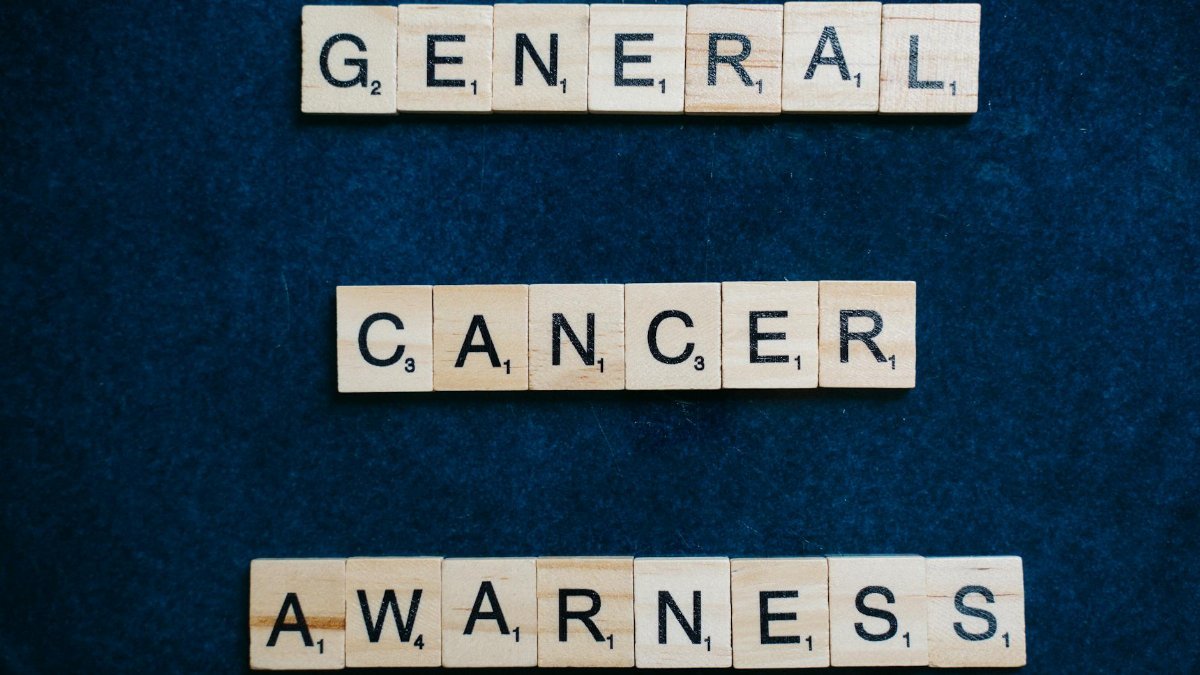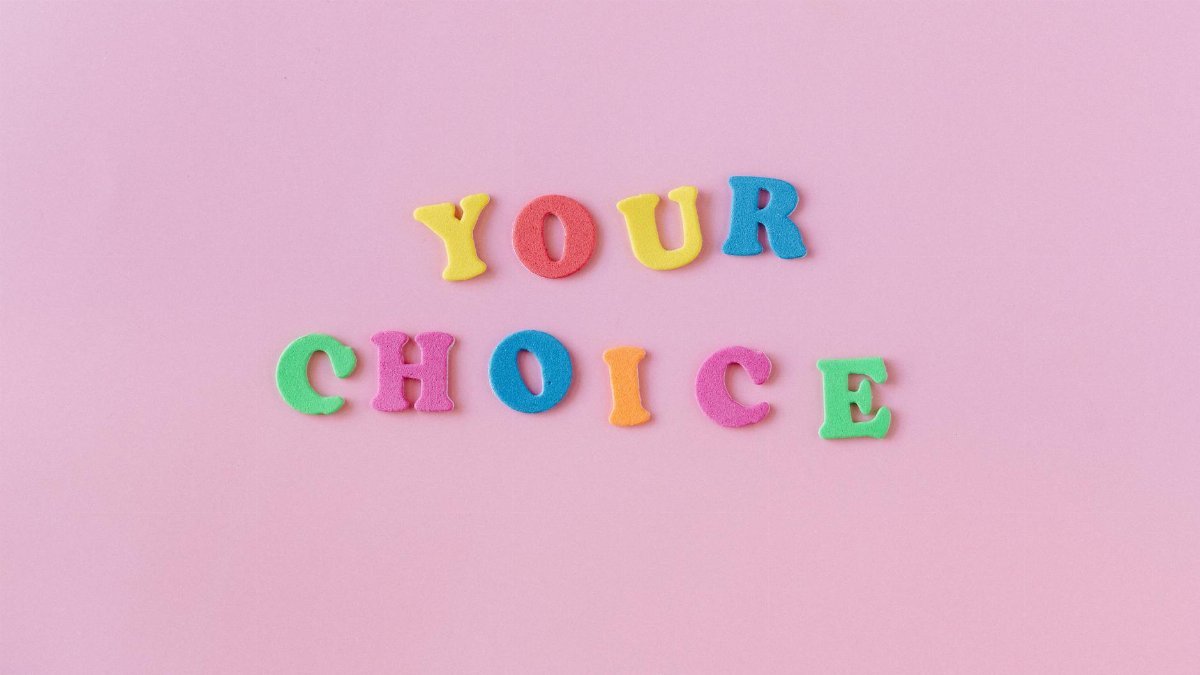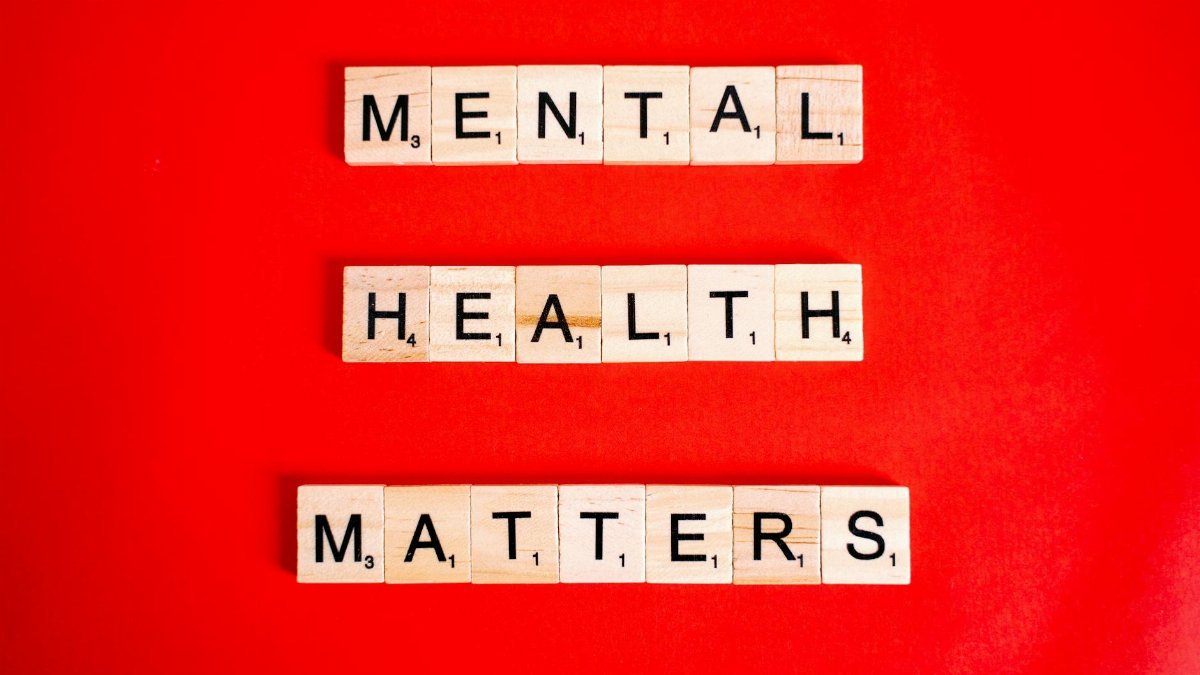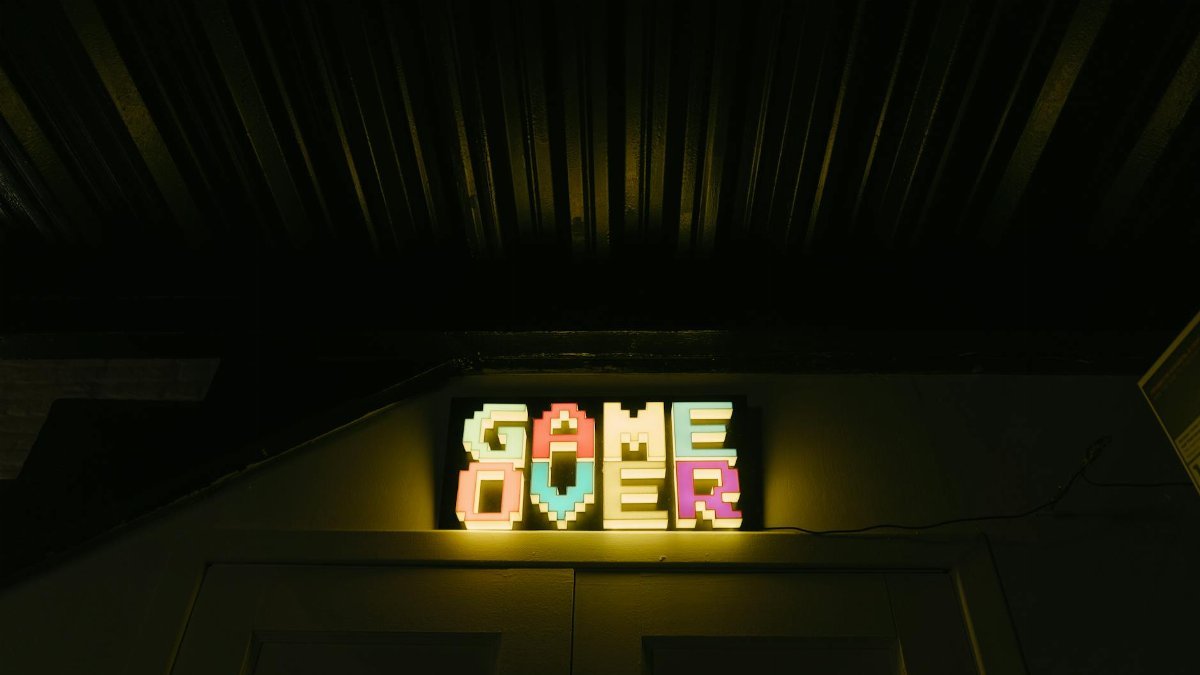Is the lifeline for LGBTQ youth about to be severed? Leaked budget documents from April 28, 2025, reviewed by NPR, reveal a federal proposal to eliminate the dedicated LGBTQ youth option from the 988 Suicide & Crisis Lifeline. This potential lgbtq 988 cut would redirect callers to general queues, sparking concern among advocates about increased wait times and reduced access to specialized support. As the Department of Health and Human Services (HHS) awaits public comment through July 12, the future of this critical resource hangs in the balance.
Leaked Documents Reveal Proposed Cuts

A bombshell leak of federal budget documents dated April 28, 2025, has exposed plans to dismantle a key feature of the 988 Suicide & Crisis Lifeline. According to NPR, which reviewed the documents, the proposal would remove the dedicated option for LGBTQ youth, a service designed to connect vulnerable callers with counselors trained to address their specific challenges. This move, if finalized, could fundamentally alter how these individuals access crisis support in moments of dire need.
Redirecting Callers to General Queues

Under the proposed changes, LGBTQ youth reaching out to 988 would no longer have access to a specialized line. Instead, they would be funneled into the general queue alongside all other callers. While the exact impact remains unclear, the shift raises questions about whether the broader system can adequately address the unique mental health struggles faced by this community, including higher rates of discrimination, rejection, and suicide risk.
Advocates Sound the Alarm on Wait Times

Advocacy groups are warning that the elimination of the dedicated LGBTQ option could lead to significant delays in care. With callers redirected to general queues, wait times are expected to increase, potentially leaving youth in crisis without timely support. Advocates argue that specialized lines are essential for ensuring quick, culturally competent responses, especially for a demographic already facing disproportionate mental health challenges. The stakes, they say, couldn’t be higher.
HHS Decision Still Pending

The Department of Health and Human Services has not yet finalized the proposed lgbtq 988 cut. According to NPR’s report, HHS is currently seeking public input on the budget plan, with a comment period open through July 12, 2025. This window offers an opportunity for stakeholders, advocates, and concerned citizens to weigh in on the potential elimination of the dedicated line and its implications for vulnerable youth across the nation.
Why Specialized Support Matters

The dedicated LGBTQ option on the 988 lifeline was established to provide targeted assistance to a community that faces elevated risks of mental health crises. Research consistently shows that LGBTQ youth experience higher rates of anxiety, depression, and suicidal ideation compared to their peers, often due to societal stigma and lack of family support. Losing access to counselors trained in these specific issues could exacerbate an already urgent public health concern.
Broader Context of Mental Health Access

The potential cut comes at a time when mental health resources are under intense scrutiny in the U.S. The 988 lifeline, launched in 2022, was hailed as a transformative step toward accessible crisis care, but funding and staffing challenges have persisted. Redirecting specialized callers to general lines may reflect broader budgetary pressures, though critics argue that prioritizing cost savings over tailored support risks lives. For more on the lifeline’s impact, visit SAMHSA’s 988 Resource Page.
Public Comment Period: A Chance to Act

With the public comment period open until July 12, 2025, there’s still time to influence the outcome of this proposal. Advocacy organizations are urging community members to submit feedback to HHS, emphasizing the importance of maintaining specialized options for LGBTQ youth. Details on how to participate can likely be found through updates on HHS’s Official Website, where public input could play a decisive role in preserving this lifeline.
What’s Next for 988?

As the debate over the lgbtq 988 cut unfolds, the future of crisis support for LGBTQ youth remains uncertain. The leaked budget documents have ignited a firestorm of concern, with advocates pushing back against any reduction in specialized care. Whether public pressure during the comment period will sway HHS’s final decision is yet to be seen, but one thing is clear: the outcome will have profound implications for some of the nation’s most vulnerable callers in 2025 and beyond.
